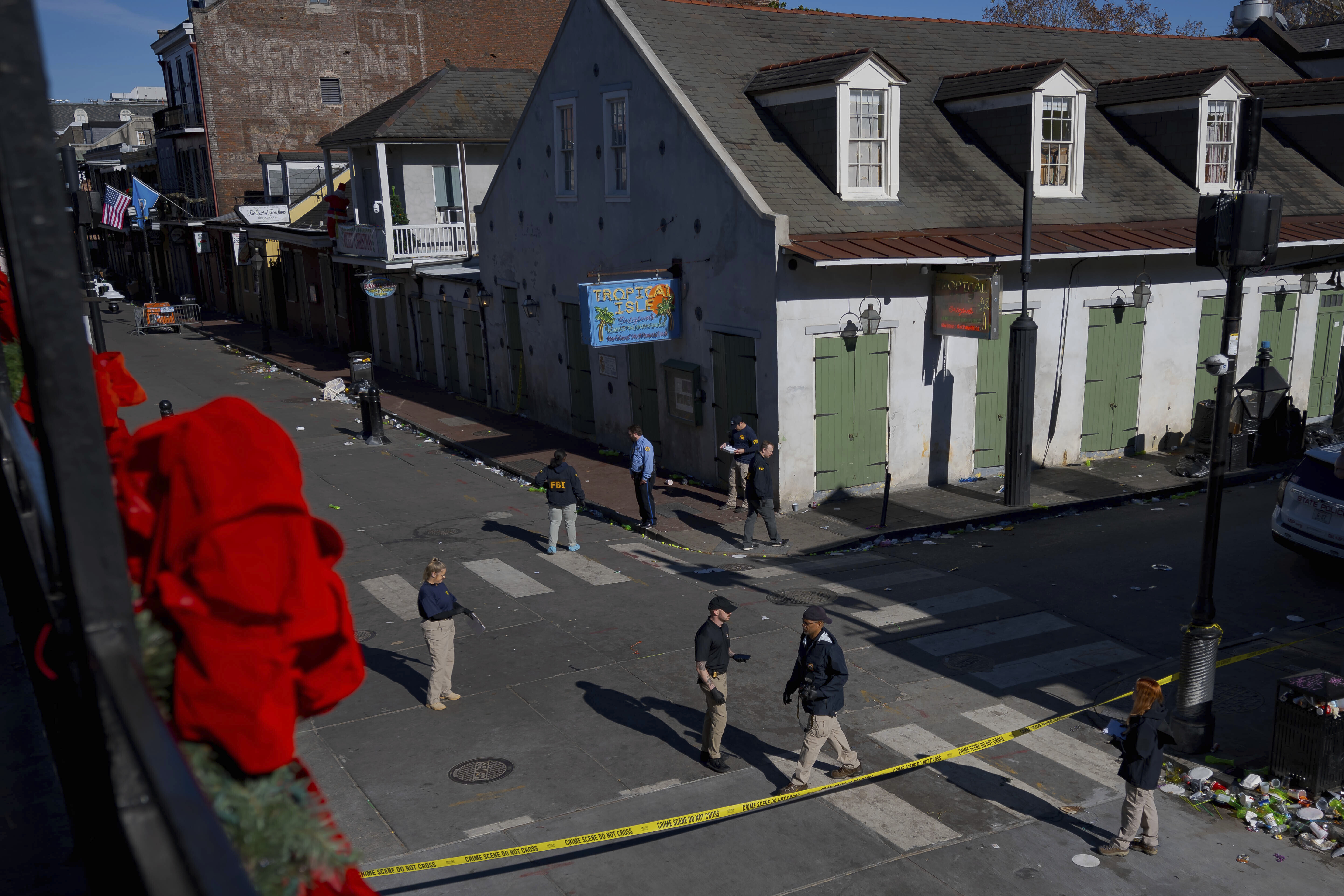
Rochester school officials are investigating allegations that a white teacher told his class of mostly Black students to pick seeds out of cotton and put on handcuffs during lessons on slavery in a seventh-grade social studies class.
“It made me feel bad to be a Black person,” student Jahmiere O’Neal told news outlets.
The teacher has been put on leave while the school system investigates the allegations. They came to light after an appalled parent posted on Facebook that her daughter was confronted with the cotton-picking lesson Tuesday.
“He made a mockery out of slavery,” the mother, Precious Tross, who also goes by Precious Morris, told news outlets later.
Get Tri-state area news delivered to your inbox.> Sign up for NBC New York's News Headlines newsletter.
“I don’t have a problem with you teaching our kids about slavery and what our ancestors went through and how they had to pick cotton,” she said. “Our teachers back in the day told us that, but they don’t bring in cotton and make you pick cotton seeds out of cotton.”
School officials haven't identified the teacher. Teachers union President Adam Urbanski told WXXI-AM that “if someone departs from what they should be doing, they should suffer the consequences, but due process has to be allowed first.”
Tross and Vialma Ramos-O’Neal, who is Jahmiere's mother, said the teacher let white children refuse to take part in the cotton-picking while not letting kids of color opt out.
News
“I immediately was like, ‘Oh, I’m not doing that,’” said Morris' daughter, Ja’Nasia Brown. “And then he was like, ‘Do it. It’s for a good grade.’”
On another occasion, the teacher brought in handcuffs and shackles, according to the students. Tross said that when her daughter balked at putting them on, the teacher threatened to send her to the principal's office or the school counselor.
The parents are calling for the teacher's firing and for his teaching license to be revoked.
School Principal Kelly Nicastro told parents in a letter that school leaders “take these allegations very seriously,” and a statement from the school board called them “extremely troubling.”
“In a district of Black and brown students, it is important to be sensitive of the historical framework by which our students are engaging and learning,” board President Cynthia Elliott said. About half the School of the Arts’ students are Black.



